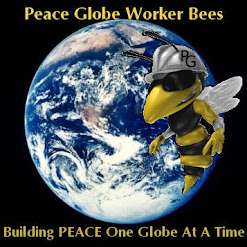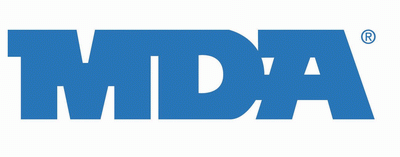Helmet For My Pillow
Posted: Thursday, April 29, 2010 by Travis Cody inI've just finished reading a book called Helmet For My Pillow, From Parris Island to the Pacific, a memoir written by WWII Marine Robert H. Leckie. This is the second book on which the HBO series The Pacific is based.
Mr Leckie was a sports journalist prior to enlisting in the Marines after the attack on Pearl Harbor. He later wrote military history, poetry, and short stories. He fought in every major engagement of the First Marine Division in the pacific theater, except for Okinawa. He was wounded in action and awarded a Purple Heart medal.
There are two passages from this book that I want to share. The first is from chapter two, as Pfc Leckie and his squad mates have completed training with the First Marine Division and await the day when they ship out to the pacific.
We were impatient. We were wound up. We could no more relax than we could think. In those days there was not an introspective person among us. We seldom spoke of the war, except as it might relate to ourselves, and never in an abstract way. The ethics of Hitler, the extermination of the Jews, the Yellow Peril - these were matters for the gentlemen of the editorial pages to discuss.
We lived for the thrills - not the thrills of the battlefield, but of the speeding auto, the dimly lighted cafe, the drink racing the blood, the texture of a cheek, the sheen of a silken calf.
Nothing was permitted to last. All had to be fluid; we wanted not actuality, but possibility. We could not be still; always movement, everything changing. We were like shadows fleeing, ever fleeing; the disembodied phantoms of the motion picture screen; condemned men; souls in hell.
The second passage is from chapter seven near the end of the book. Pfc Leckie has made it through battles on Guadalcanal and Cape Gloucester, and survived the initial landing on the beach at Peleliu with the First Marine Division. After a ferocious battle against Japanese tanks, Pfc Leckie observes,
Shortly after this action, Pfc Leckie was wounded by blast concussion and evacuated.
The Jap tanks had been destroyed.
I got up and made for the airfield. About twenty yards away was a burning tank. Some of the enemy dead were inside. The snipers hung in their nets like dolls stuffed in a Christmas stocking. I turned to go, and as I did, nearly stepped on someone's hand. "Excuse me," I began to say, but then I saw that it was an unattached hand, or rather a detached one. It lay there alone - open, palm upwards, clean, capable, solitary. I could not tear my eyes from it. The hand is the artisan of the soul. It is the second member of the human trinity of head and hand and heart. A man has no faculty more human than his hand, none more beautiful nor expressive nor productive. To see this hand lying alone, as though contemptuously cast aside, no longer a part of a man, no longer his help, was to see war in all its wantonness; it was to see the especially brutal savagery of our own technique of rending, and it was to see men at their eternal worst, turning upon one another, tearing one another, clawing at their own innards with the maniacal fury of the pride-possessed.
The hand saddened me and I offered it a respectful inclination of the head while recovering my balance and making a careful circle around it.
Helmet For My Pillow was initially published in 1957. This is a book not so much about the war in the Pacific, although it does touch on those events and how they impacted young Pfc Leckie. But it is more about ordinary guys who became Marines and went to the Pacific because that was what ordinary guys of their generation did.
They fought. They sacrificed.
To all, I offer my deepest and eternal gratitude.

















I am grateful for every soldier that has defended our country. I am also prayerful that one day it will never happen again.
The passage that best expresses how I feel about war is
"and it was to see men at their eternal worst, turning upon one another, tearing one another, clawing at their own innards with the maniacal fury of the pride-possessed."